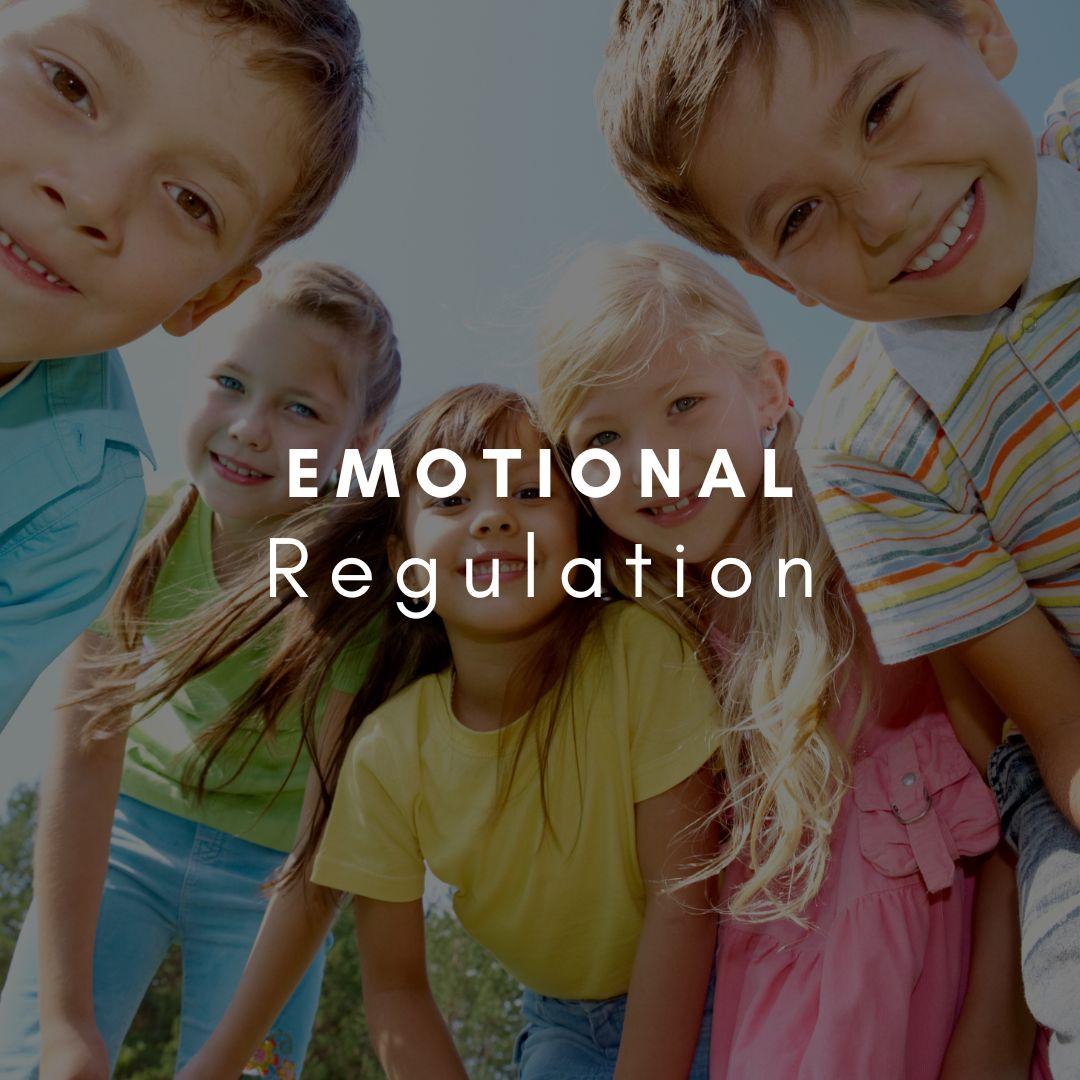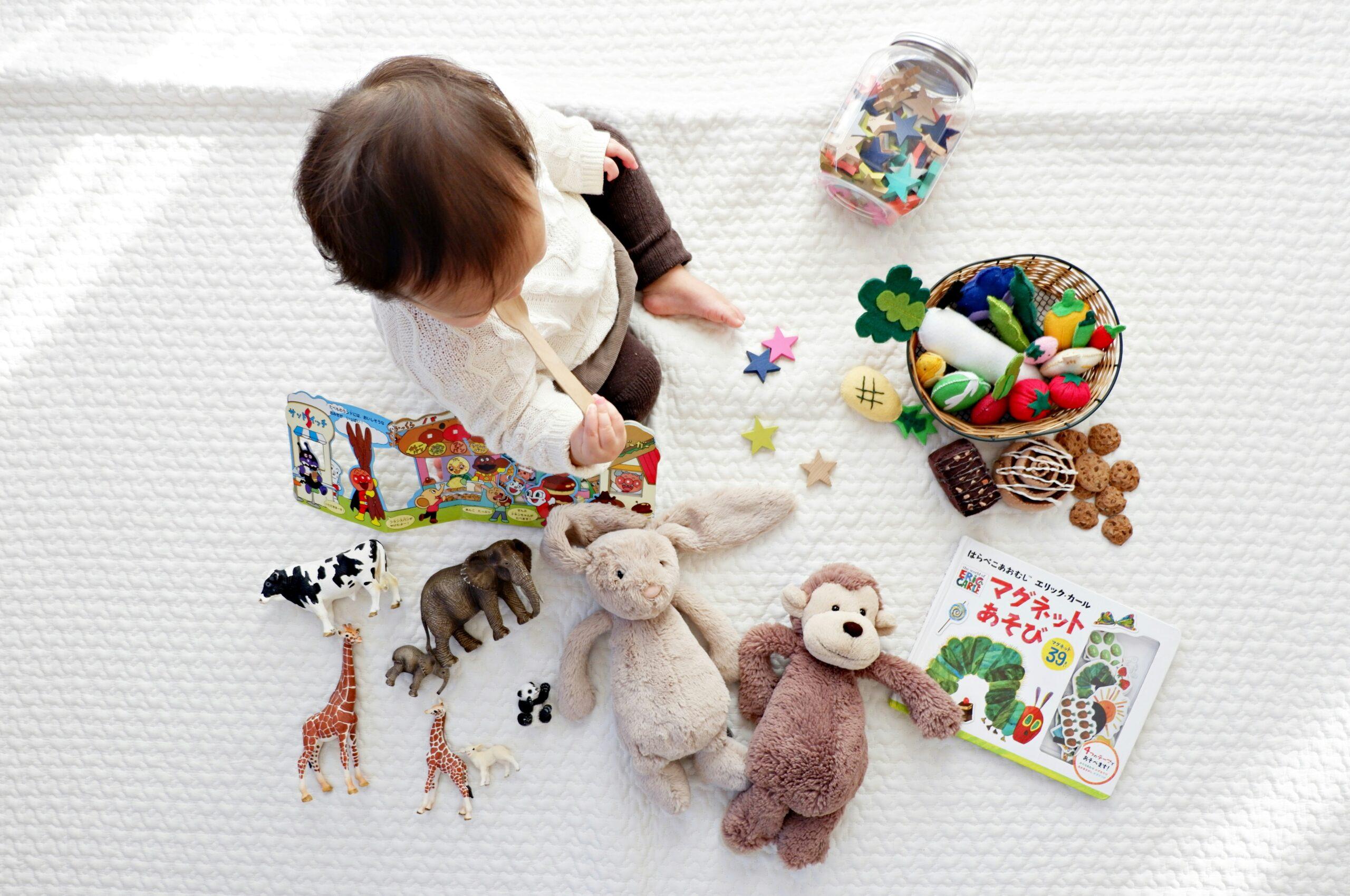Navigating Holiday Breaks: Keeping ABA Progress Going During School Breaks
This blog offers practical strategies for maintaining your child's ABA progress while still allowing for the fun and relaxation the holidays bring. We've included tips for maintaining routine and structure during the holiday season; creative ways to incorporate ABA strategies into holiday activities like family games, crafts, and social gatherings; how to reinforce important skills like communication, social interaction, and self-regulation while still allowing for some downtime; and practical advice on preventing regression and ensuring your child’s progress continues during time off from school.











